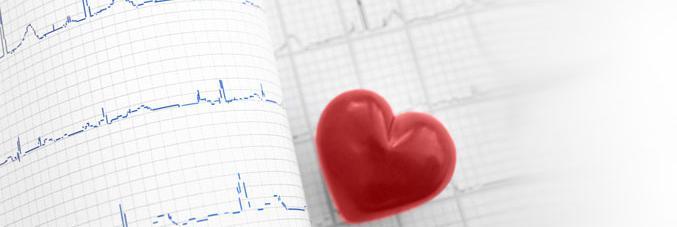
Heart improves after heart attack through stimulation of BDNF protein
04.04.2023
Brain-derived neurotrophic factor (BDNF) is a protein that guarantees the development and correct functionality of brain cells. Researchers have recently shown that BDNF also plays a role in the contraction and relaxation of the heart. By eliminating the structures that bind BDNF to the cardiac cell membrane, known as TrkB receptors, a reduction in the contraction and relaxation of the heart muscle occurs. Less clear is the role of BDNF/TrkB in the context of myocardial infarction, i.e. dysfunction of the left ventricle after a flow stop in one of the arteries that carry blood to the heart cells.
The work, published by an international team of researchers in the peer-reviewed medical journal Circulation Research, is entitled β3AR-dependent brain-derived neurotrophic factor (BDNF) generation limits chronic post-ischemic heart failure. Here, researchers show that the amount of BDNF produced by cardiac cells in response to a heart attack is initially high but then decreases in the following weeks coinciding with the reduction in heart capacity to contract effectively. In some brain cells, the stimulation of specific structures present on the membrane of neurons known as β-adrenergic receptors (βAR) produces BDNF. These receptors are critical to heart function, as they are stimulated to increase the work done by the heart during stress conditions. This occurs during physiological conditions, such as physical exercise, and pathological, such as arterial hypertension or other cardiovascular diseases. Generally, when heart disease manifests, the number or function of βAR receptors drops dramatically.
Researchers found that both drugs increased the cardiac BDNF content. The protection offered by these chemical agents almost completely disappeared or was quite attenuated in mice, whose hearts are incapable of producing BDNF within their own cells.
The work highlights that the beneficial actions of the BDNF produced by cardiac cells through these specific stimulants were not limited to the cardiac cells that produce cardiac work but also nerve cells and vessels that reach the heart. Nerve cells control/propagate the electric impulse inside the heart while vessels supply it with blood.



